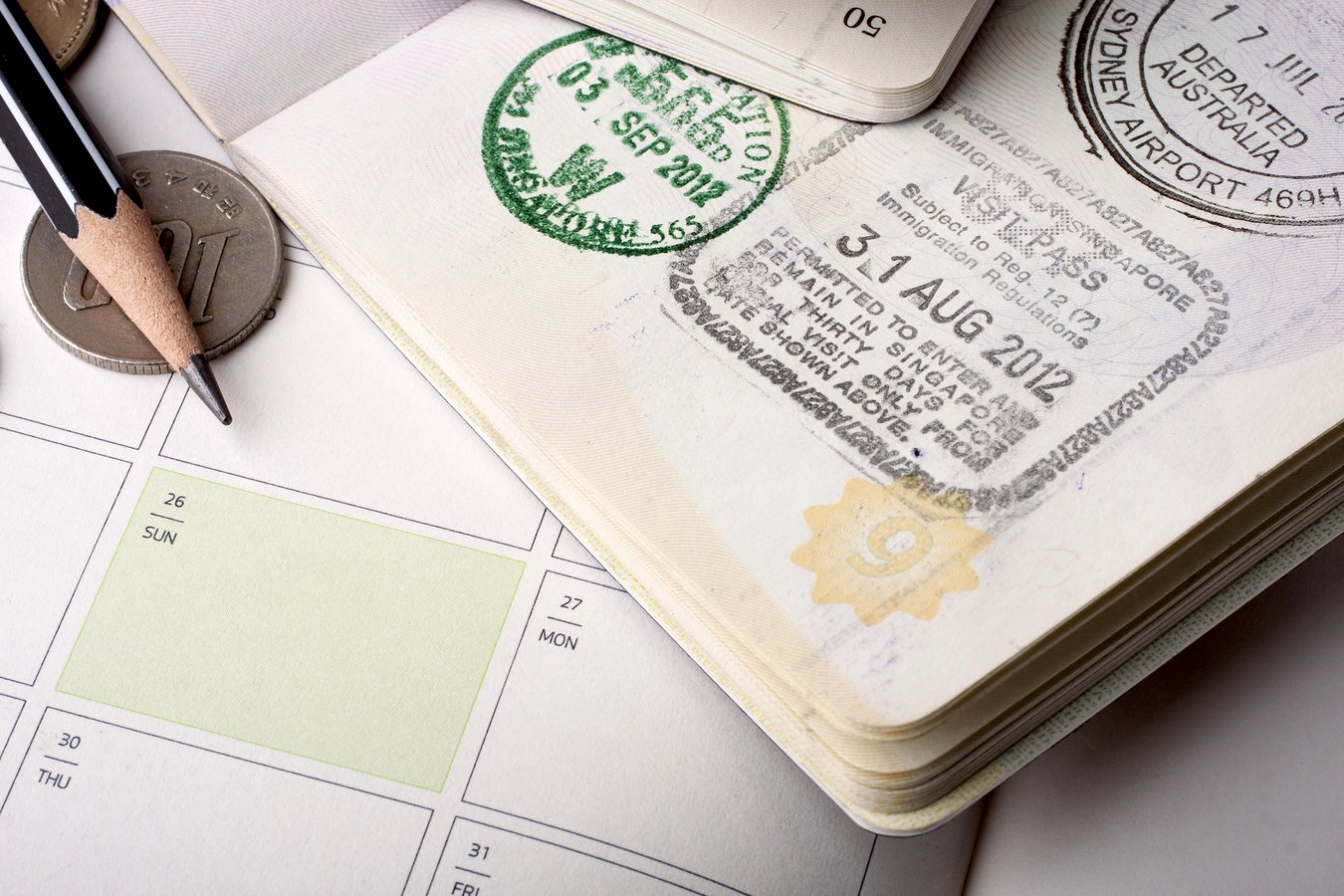Every big life or financial decision leaves behind paperwork. Whether you’re buying, selling, or insuring something, there are always documents involved. Tax season adds even more to the pile each year. What should you keep, and what can you toss in the trash—or rather, what should you shred to protect sensitive information?
Some documents are safe to discard after a set period, but others should be kept indefinitely. Here’s a list of the essential papers to keep forever.
Identification Records

Identification records like driver’s licence, birth certificate, marriage certificate, passport, Social Security card, and health insurance or Medicare cards are crucial in every scenario. You need them to apply for new credit cards, update your address, or get government aid or loans.
These documents are also essential when a loved one passes away. They help manage financial matters and other paperwork related to their affairs.
Tax Returns

While you can remove supporting documents after seven years, you should always keep the actual tax returns. These documents are a permanent record of your financial history and can be crucial for future reference.
Original Signed Documents

Given the shift to digital, paper documents are less crucial than they once were. However, retaining physical copies of business licences and permits is a good idea. Also, keep paper copies of any document with original signatures or raised seals—these are better preserved in their original form rather than relying solely on digital versions.
Asset protection documents

Keep important documents like property deeds, mortgage papers, and lease agreements safe. If you want to sell your house, for example, these documents prove ownership title. Replacing them can be challenging if they’re lost.
Similarly, lease and mortgage papers are crucial for knowing your rights and responsibilities, in case of any complications or disaster.
You should also keep records of any home improvements, especially the permits. Plus, home improvement records can affect your taxes when you sell, allowing you to calculate any profit from the sale.
Property Acquisition Document

When you buy things like stocks, a vacation home, or art, you must keep track of what you paid. This includes any extra fees. It will help you understand and calculate the profits made for tax purposes.
Deductible Expenses

Save receipts from business expenses or charity donations. The IRS recommends scanning paper receipts and saving them on your computer or phone. Credit card statements are also acceptable as proof.
If you’re curious whether your bank can retrieve old transaction details, it’s wise not to presume they can; it’s best to inquire upfront. For example, JPMorgan Chase has kept records for seven years, so they can help you with that. If you’ve switched banks, they can still look up your old transactions, but they might charge you a fee.
For more details on keeping records for charity donations, check out IRS Publication 526.
Investments

If you have a taxable brokerage account, you must track what you paid for stocks or mutual funds. This helps you calculate capital gains or losses when you sell them later. You can save electronic trading notifications in an email folder, scan paper statements, or store documents in a cloud account.
If you have nondeductible individual retirement accounts (IRAs), be aware that some brokerage firms don’t keep records for these accounts.
Another record you need to keep is about conversions from regular IRAs to Roth IRAs, which let you withdraw money tax-free later. Your accountant might have these records, so it’s a good idea to check with them, especially if you need information from the past.
Insurance Policies

Keep a copy of your insurance policies to check what’s covered and what is not. Make sure you have the policy numbers and contact information for filing claims. Don’t just rely on your insurance broker’s phone number—if a disaster hits, they might not be reachable or have the details handy.
Besides auto and home insurance, you might also have life insurance, health and disability insurance, and long-term care insurance. Some of these policies could be from long ago and not with your current broker.
Car Title and Registrations

Having your car title and registration handy is important especially in case of damage, destruction, theft or loss. If you have auto insurance, upon claim, your insurance company might need the title for the settlement. Similarly, if you want to sell the car but can’t find the title, it can slow things down.


